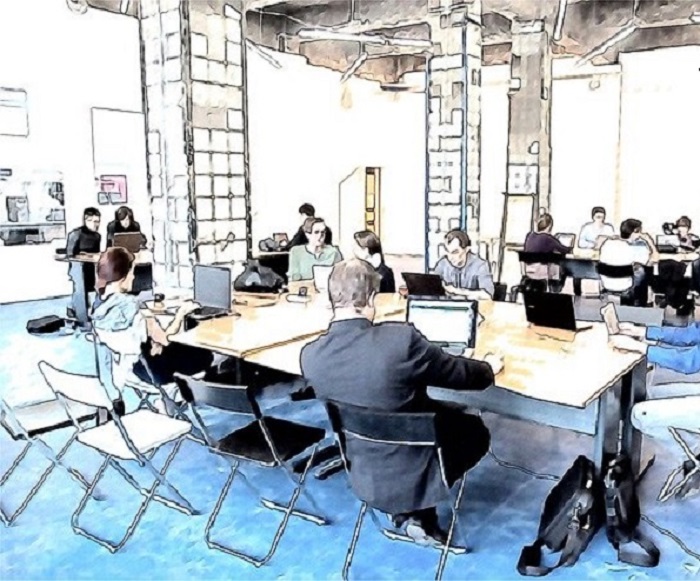For a more detailed look at what SMG A&R services offers: Go Here!
Our Companies
Alliance Is A Collection Of Operating Companies
AGrade Communications
We help our clients realize new opportunities to reach people, grow revenue, and deliver superior content for customers via Advertising & Promotion.
AGC Cryptocurrency Exchange
Our handy service is designed for secure exchanges. Our service provides only reliable operation. We provide complete anonymity.
Allin Gaming Company
A group of graphical interface's for innovative online entertainment and gaming such as House Of Games Casino, Brass Ring Casino, Coin Toss Poker Casino, and Babylon Games Casino.
What People Say
Alliance Group Companies will rigorously handle capital allocation and work to make sure each business is executing well.
Latest News
Guizable Marketing Strategies Provides Lead Generation Tools, Interactive Content Software & Influencer Creator Kits. To help Businesses & Influencers Boost Marketing Efforts. LEARN MORE!
Maximum protected cryptocurrency exchange Our handy service is designed for secure exchanges. All transactions have the highest level of protection. Reliable exchange Our service provides only reliable operation - we guarantee the quality. Ensuring complete anonymity All our users do...




